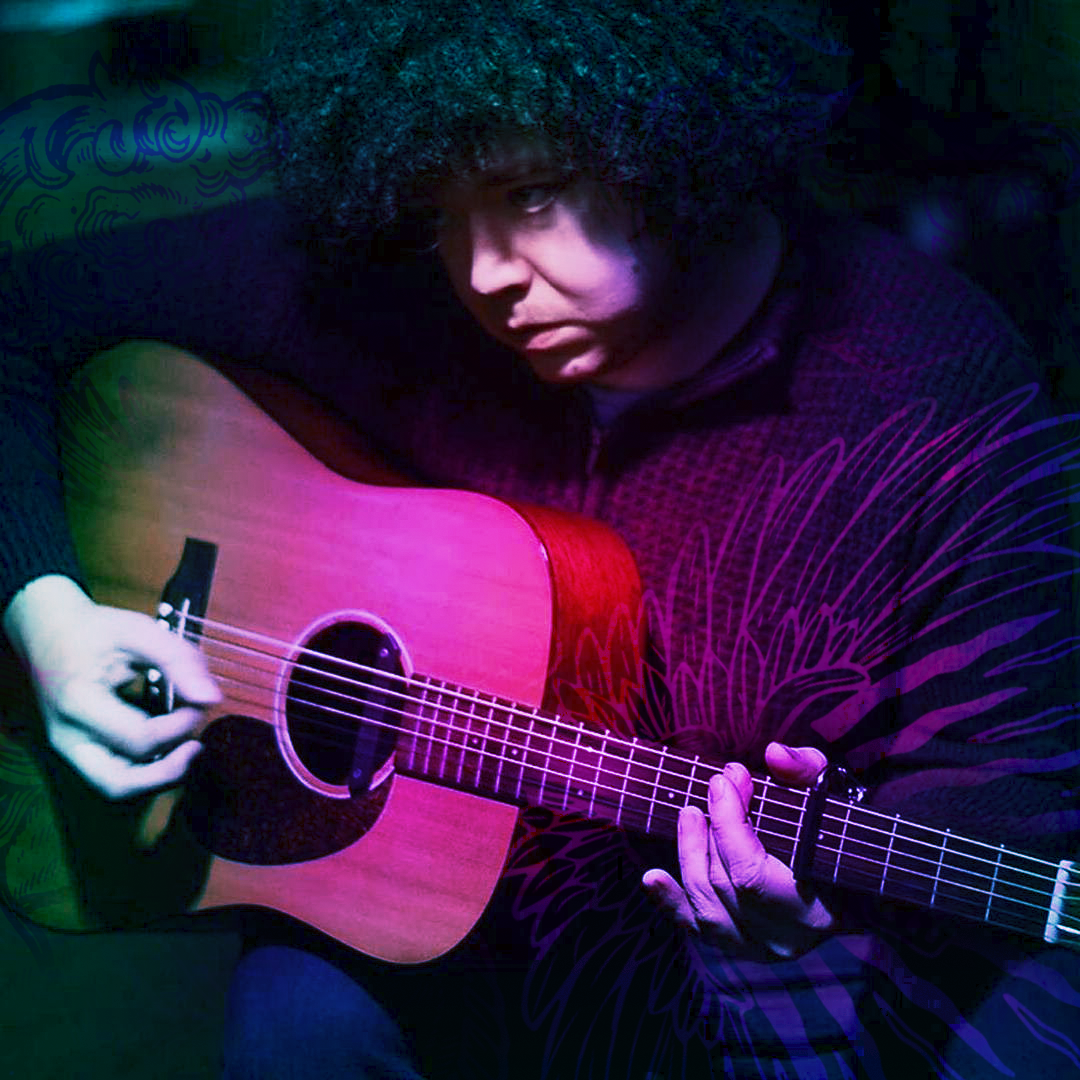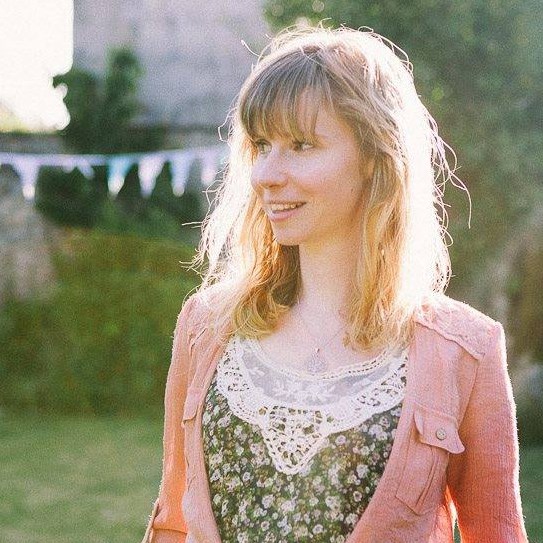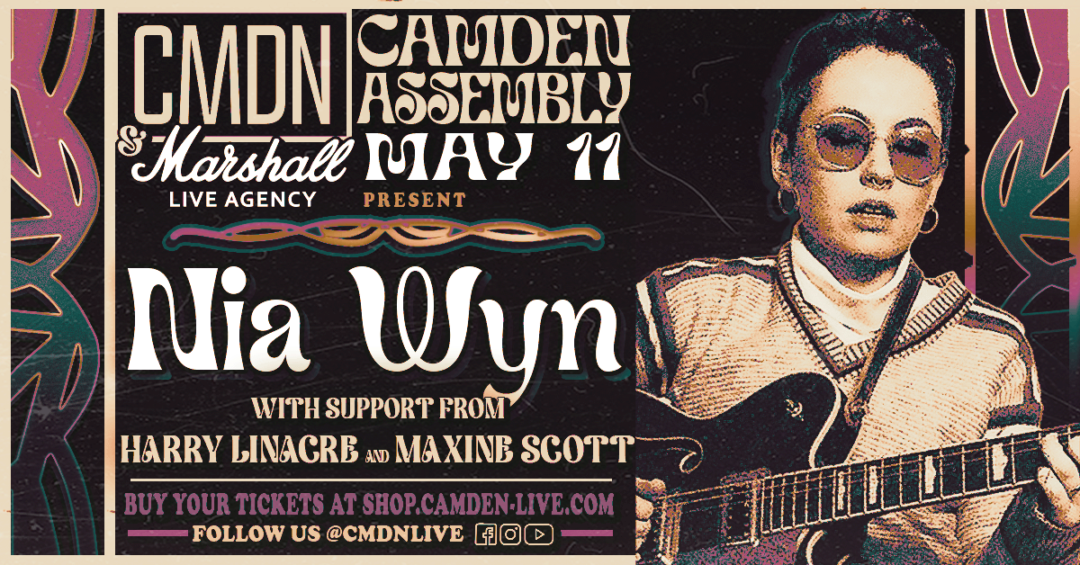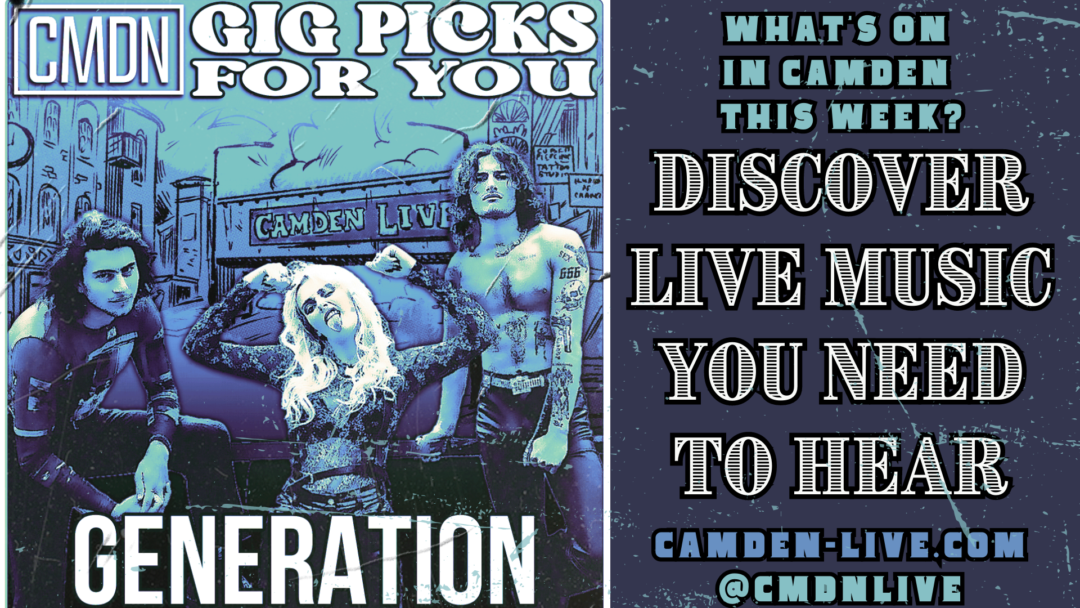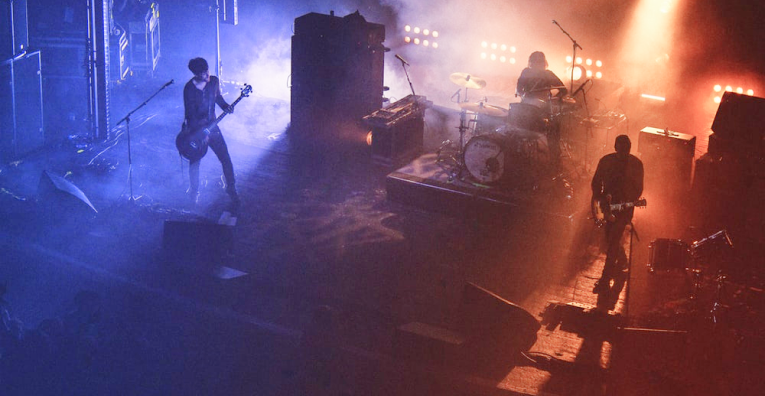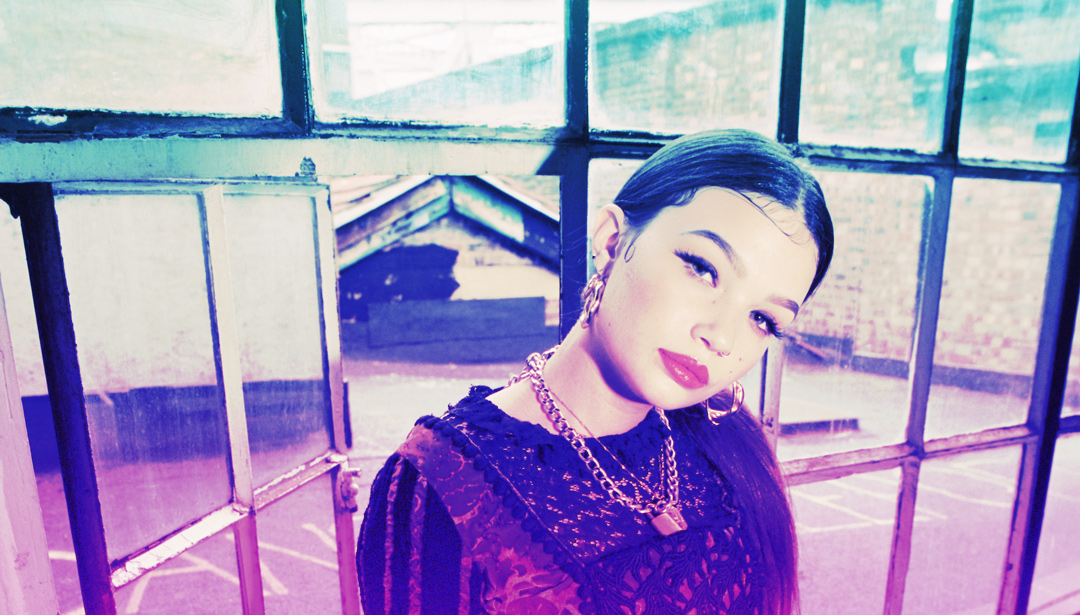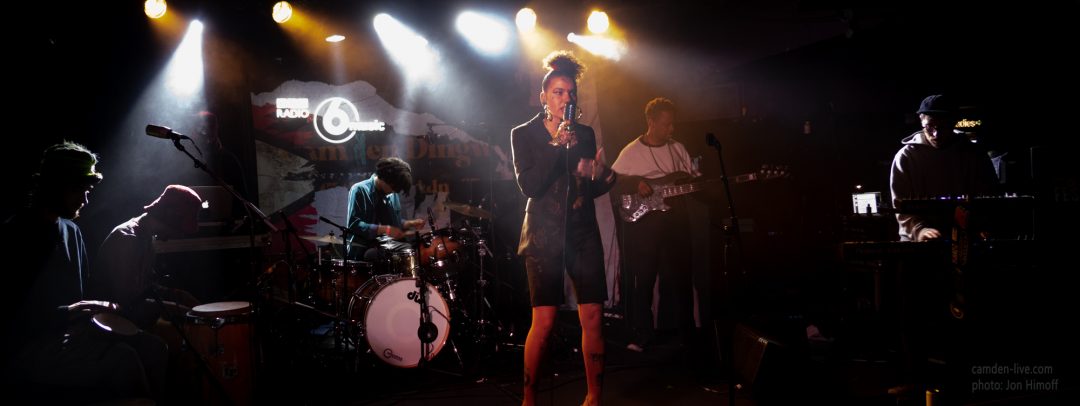Jon Coley tells us how to know if you’ve written a good song, why he didn’t accept a record deal and about his prophetic songwriting powers…
I’m actually a close friend of Jon’s (#claimtofame) and we began going to the same little open mic at Alexander’s in Chester at around the same time. (Right after Duffy and Ed Sheeran.)
Jon offered me a couch when I missed my bus one night and the rest is history! I was spellbound in the morning by his fingerpicking guitar and we have since recorded together. I’ve watched Jon’s skills reach a whole new level. He’s now pretty excited about his new album and during one of our chats, I hit the record button to find out more about this artist who ‘rarely does interviews’. So, you’re welcome world. Here’s a Jon Coley exclusive…
So how did you get into music, for those who don’t know your music origin story at all?
I came from a very musical family, and I was the only one who didn’t have it in their life professionally. I was an archaeology lecturer. And I picked up a guitar, for someone doing what I do, pretty late on, when I was about 22 or 23.
And then messed around with it very amateurishly for a long time, and then, ended up in quite a serious accident, damaging my hands, and having to basically carry it on as physiotherapy.
And recovering from the trauma of that, which was quite a complicated … accident – I say accident but there was more to it… had driven a lot of my writing. The fact that people basically turned around and said, ‘You won’t be able to do this anymore, or there might be a time limit on it, or there might be a degradation to what you do…’ has driven a lot of what I write. And it has created, what a lot of people see as the distinctive sound of my music.
Did that focus you more because you thought you had a time limit, or was it like, ‘I’m not going to let this stop me from playing’?
A bit of both. Part of it was just, you know, ‘Screw you, I can do this!’ like, there’s got to be a means of doing this, and I’ve just figured out I can do it, I’ve just realised I’ve got this ability… and I’m not letting it drop.
The other side of it was certainly the idea that, if I didn’t do something, I might stand a risk of losing a lot more of it. And that certainly drove a good chunk of the speed at which I learned, and I got basically determined, and that’s what a lot of the writing was about, a lot of where the emotional drive of the early things I wrote came from.
And as I carried on writing, the social justice thing has stuck with me; that’s still a big part of what I write.
It’s still a very personal journey. And a very personal thing to me.
How do you mean, the social justice side of things?
So I was essentially a victim of police brutality, that’s the bottom line of it. And, also as someone who comes out of the disabled community and has seen that from a lot of different angles, I’m very aware that people like myself are wildly underrepresented in music.
That any kind of physical disability or inability is seen as a complete handicap, rather than as, a change.
And that was something I continued to face. I’ve continued to be told, you know, that as a career, this is going to be almost impossible for you as a set up this won’t work, you know, and there’s so many blocks that people put in the way…
So what have you been up to?
I’m writing a book that goes with the record, because I want to explain some of the mad journey, where I am, and how I ended up going through the story, between the songs, and bits and pieces across a touring life.
And it’s basically almost like diary entries, so we’ve done that as a parts of series of different parts of my life, all based around a song that’s inspired part of the album, and how the different songs had been written.
That sounds like it’s gonna be really personal?
Very much, yeah. I’ve tried to make it as tongue and cheek as possible, but a lot of it is…
It’s difficult, because, I’ve been lucky enough to work with a lot of brilliant people, at the younger stages of their lives and different parts in their careers, so some of it’s… very open about who I’m talking about, and some of it I’ve had to be a bit more careful… about involving people and where things fit in.
Which has been fun, so it’s got a little bit of an On the Road style, having to give people…not pseudonyms, but at least, nicknames, so that you can pick up a few of the running characters through it.
How did you go about writing it?
I was being interviewed for it by another friend of mine, we would spend a half an hour talking nonsense, and he’ll get three or four bits of information out of me that I’ve forgotten.
That, and people have kept a diary and posters, and all sorts that I also got handed back by a friend, months ago, things I didn’t remember, bits of the journey I’d forgotten and hadn’t got written in, and it’s been quite a nice experience, to realise quite how far I’d come along.
That editorial stuff about that general side of what I do… I very rarely talk about …
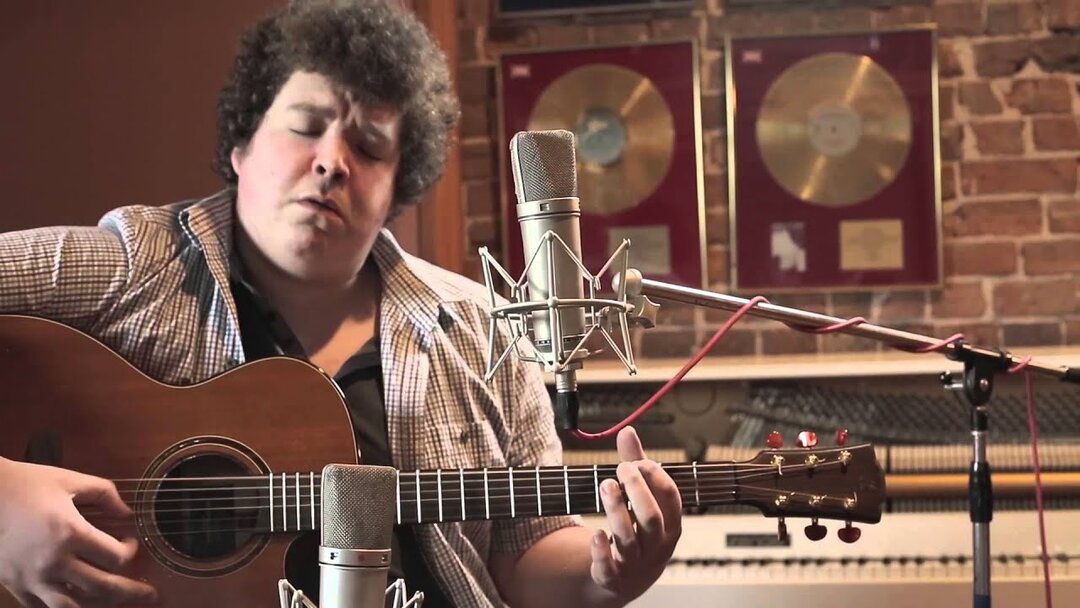
Why’s that?
I’m not really sure… I sometimes think it detracts from the stories… I had a friend of mine once who told me, that if I was as truthful as I was honest, I’d be a dead man!
And I don’t think that’s too bad of a description. Like, there’s a lot of stories behind what I do, but I don’t always think that expressing that verbatim is the best way of getting it across – it comes in the songs and it comes out of the work.
I’ll never turn around and say ‘this is about a specific thing,’ you’ve gotta keep a mysticism to it. If you watch someone like, I don’t know, Dylan onstage, he’ll give you four words that might summate a song, and people are still debating 40 years later, what they were about.
It’s a big part of the mystery.
The best songs are the ones that you make, almost universal. Because, you explain just enough that they feel specific to you, but not too much that they distance anyone.
Out of your past, who would you say you most look up to? Either musical or non-musical.
So, musically, I had lots of people do records that I looked up to. People like John Martin’s music, Bert Jansch. I got really lucky and I started to actually get to know some of the people behind it, like Michael Chapman and Wizz Jones, Danny Compton.
And got lucky enough to be able to look up to people, as well. And have friends and people I admire and that’s been the biggest joy of all: Is actually, just being able to sit and have a coffee with one of them. *laughs* or a pint or just getting asked how my music’s going.
Like, there’s nothing quite like Ralph Mctell walking up to you at a party and asking you, ‘How are the tunes going?’ You never get used to that. (– bands playing who are stages that are five times the size that you are calling you out to show, just because you were part of that scene and part of that world… that’s special.)
Can you tell me about your writing process?
I’m very performative in the way I write. This album was written and recorded at the end of 2019, just before a lot of stuff shifted for people.
But a lot of the way I write depends on being able to play for people. while this album was being written. There’s a little bit of a different spin it’s taken now.
But, I quite often bring half-finished songs to showcases and performances… and will try them out for weeks or months, on an audience before I actually decide whether I like the song. Because they’re the best barometer of what lyrics work and what affects people. And what arrangements work and what key it sounds best in. And how it suits what I do.
So playing live is really important to your process?
Oh yeah, I mean, for a lot of these tracks, the album is the first time that even the arrangements or the number of lyrics, or even the complete lyrics, are set in stone. Because they’re often very fluid while I’ve toured. Because to me, they have to be changed and updated, and checked as a sort of ongoing thing. – A song is never quite finished. And I’m very good at writing songs where I don’t understand the meaning of it all, or what it’s supposed to do for me until quite a bit later.
There’s a few things in this record where they become ridiculously apparent to me, you know, unbelievably relevant. And at the same time, they came from watching and observing other people, sometimes that’s a good barometer – I do a lot of watching and observing people… and a lot of the lyrics and lines and notes come from things I hear my friends saying, and bits people pick up on and sayings that fly around.
So, they’re almost created around that. So from listening to that emotional thread, quite often the story won’t make sense, or I don’t understand the meaning of it or what it’s supposed to do for me until about a year later.
There’s a year where I’ve written things for this record where they suddenly become ridiculously apparent to me. You know, unbelievably relevant. With bearing in mind that emotional thread, quite often the story won’t make sense until I’ve finished it, and it then happens. It can be a bit of a prophecy sometimes.
Things have a strange habit of becoming more truthful as they go along. I’m not always sure I like that.
*Laughs * No! But I guess it’s handy!
It is and it means that, if you can do the same sort of self-identification that your audience do, years down the line, you’ve written a good song.
If you can stand back and say, ‘I can’t remember the name of the person that was written for, and I’ve forgotten exactly why that was done’, and it’s still resonating, then you’ve written a good song.
Because it has (in a weird way) utility, and relativity?
Yeah, that’s it – it’s got to feel just specific enough, to feel as if it’s talking directly to you.
Are there any songs you wrote and they don’t resonate later and you still keep them?
Sometimes. This record’s a bit different because it’s quite a retrospective, a lot of the stuff on it goes back almost ten years. And other bits are much more recent. But it’s all been picked because it fit. And because it’s what worked on the day.
What do you most like about performing live?
That I get to perform the songs in context. They’re a part of me and when you see them on the record, they’re one thing, but… in true context, they’re part of a live show, they’re part of a dialogue with the audience. And that’s what I love about live shows – holding a conversation. Having a dialogue with the audience, and taking them on a journey with you.
What do you think the audience for Camden Live can expect from your performance?
So, after years of playing solo, I’ve arranged the songs for a band, and now I’ll have to rearrange them to take them out on my own again. (#joncoleyasyouveneverseenhimbefore)
And so you’ll get a very naturalistic representation, of the record, what’s happening next, and things that influence me as well.
So what IS next?
We’re hoping that once the album is out, we’re looking at doing a couple of singles, there’s a few other records in the pipeline, that I can’t talk too much about at the moment, but they’re gunna go in completely different directions to the album and to each other.
Do you mean in terms of genre?
You could say that, yeah.
They’re gunna be a mix of things. They take direction from the record for a starter to go, and expand on them.
Your new album is called If all I ever wanted was all I ever needed, what the hell does that mean?!
I had a point, during my first proper year in Manchester, I had next to no money and was struggling to make the music settle and actually get anything from it.
I realised I was playing shows for people who were heroes of mine, who I adored, I was playing the big festivals and the O2 arena, and going on tour with Ralph McTell, and Michael Chapman… all these people I’d adored since I was a kid, but I was still struggling to patch up the holes in the bottom of my shoes.
And that’s where If all I ever wanted was all I ever needed came from. Meaning, if this was all I had and I could sustain it, I’d be a happy man.
That sustained it. And recognising it’s there and enjoying it while it’s there, because you can never sustain anything – everything changes.
Did you have something that you want the people listening to get out of it?
It’s just about what you value. It’s about deciding what you want and what you value. And to me, on the good days, that’s getting everything I possibly can out of music.
Awesome talking to Jon about songwriting, and even though he’s a friend of mine, I got some insight into how he works when he writes music, the latest album and how he sees his life as a travelling musician. Classic. If you want to see him play live, he has a date coming up with us on the 6th of October 2021. I will also be there, just couldn’t miss this one.
